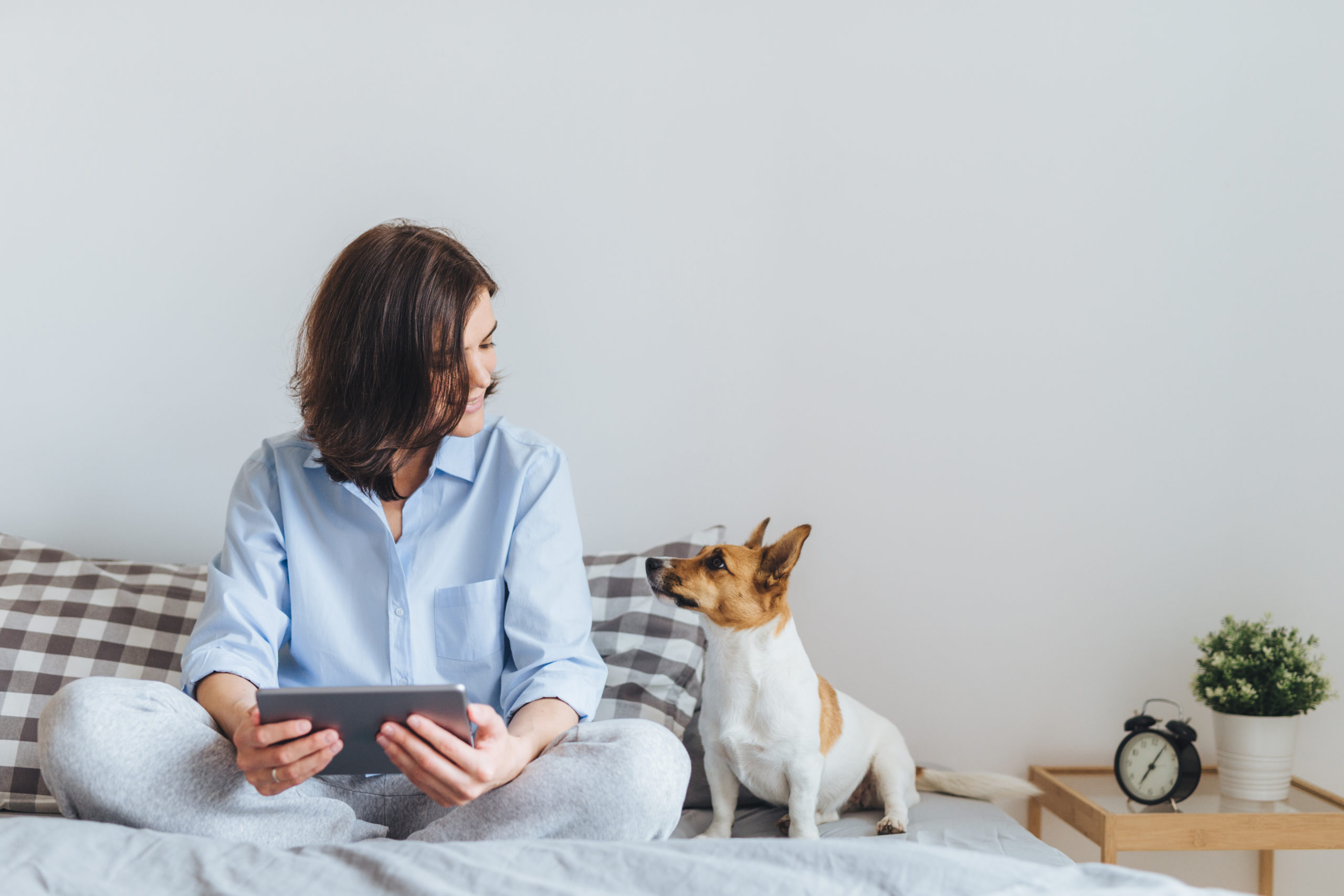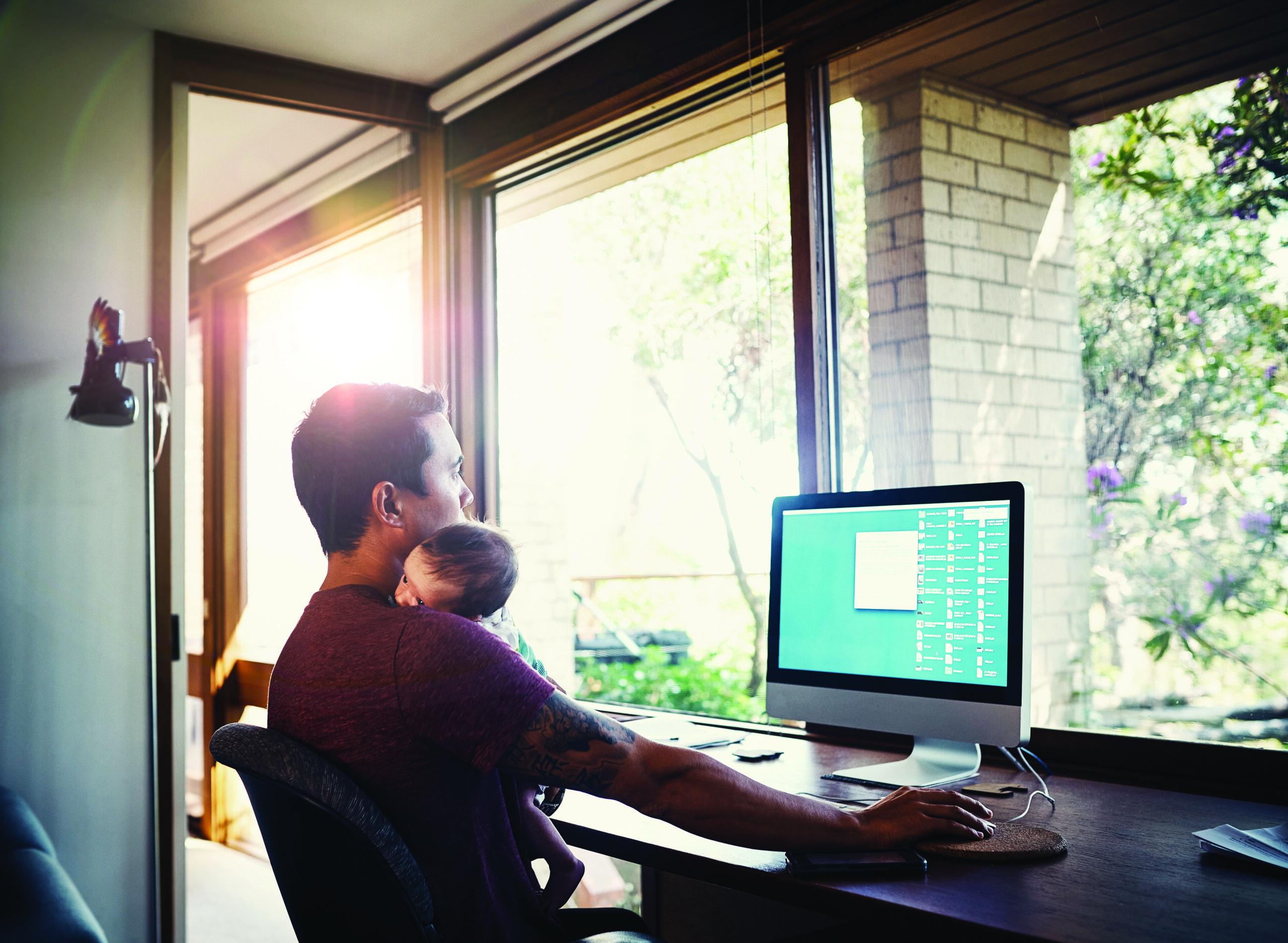by Rachel Gore
Living on your own? You aren’t the only one. A growing percentage of people are living solo, with the U.S. Census Bureau reporting in 2019 that over one in four (28%) American households are single-person.
Altogether, that adds up to about 35.7 million Americans living independently.
This single-person household is appealing for a number of reasons. Among these include the ability to decorate however you want, plenty of personal space and not needing to cater to someone else’s needs. On the other hand, living alone also means that no one else is around if a safety issue arises. Therefore, it’s particularly important for those living alone to stay diligent with home security. Here are some tips on how to stay safe while living alone:
- Invest in a security system.
Having a security system installed is a no-brainer when it comes to home safety. Security systems deter burglars, who are more likely to stop and think twice before targeting a home with a visible camera. Even if an incident does occur, security footage can serve as powerful evidence that someone engaged in dangerous or illegal behavior.
Security systems have a number of important safety features and can fit almost every budget, making them a worthwhile investment. On top of that, many modern security systems can sync with mobile apps, giving you 24/7 monitoring capabilities whether or not you’re home. - Install motion sensor outdoor lights.
By installing motion sensor lights at the entry points of your house and in the dark sections of your lawn or property, you can give off the illusion that you’re home, even if that’s not the case. A visible light could also alert your neighbors to something going on, especially if they see an unfamiliar person lurking around your house. They may also be able to see identifying characteristics if the person tries to get in or engages in other questionable behavior. - Purchase a smart doorbell.
Smart doorbells sync to phones and tablets so that you are able to see who is at your door and interact with them without opening your door. Just like with motion sensor lights, this may give off the illusion that you’re home, as you can communicate with them remotely without them knowing. If you don’t recognize the person, being able to interact with them remotely means you don’t have to risk opening the door for a potential stranger or intruder. - Get to know your neighbors.
As great as technology is, don’t forget about another safety asset you have just around the corner: your neighbors. By building relationships and a sense of trust with those who live around you, you are more likely to recognize if a person or vehicle isn’t from the area. Neighbors are also likely to keep you informed if something suspicious happens in near your home. Even if you don’t become friends, having neighbors as another safety net makes taking a few minutes to introduce yourself worthy of your time. - Get a dog (if you can commit to taking care of
it properly).
Dogs’ natural instinct to protect their loved ones and home are extremely valuable in unsafe situations. With their heightened sense of hearing and smell, dogs can detect a threat and alert you of danger before you notice it yourself. Additionally, someone is less likely to break in if they hear or see a barking, aggressive-looking dog inside.
At the same time, you should only do this if you have time, love and commitment to take care of a dog properly; after all, it will depend on you for a high quality of life just as much as you will depend on it for protection. Certain breeds, like Australian Shepherds, Boxers, Bullmastiffs and German Shepherds are especially protective and can make better guard dogs than smaller or more passive breeds. - Don’t publicly announce that you’re home alone or leaving town.
As exciting as it is to plan a vacation, the general public doesn’t need to know what you’re up to. You can still tell your friends, family and neighbors if you have plans to leave town, but do not make a publicly visible social media post saying the same.
Similarly, you may be tempted to send out a Snapchat or tweet out about how bored you are on a random Friday night at home, but reconsider before pressing send. At a minimum, choose your audience wisely so you don’t accidentally reveal to the public that you are home alone— or that no one is home at all.








Leave A Comment